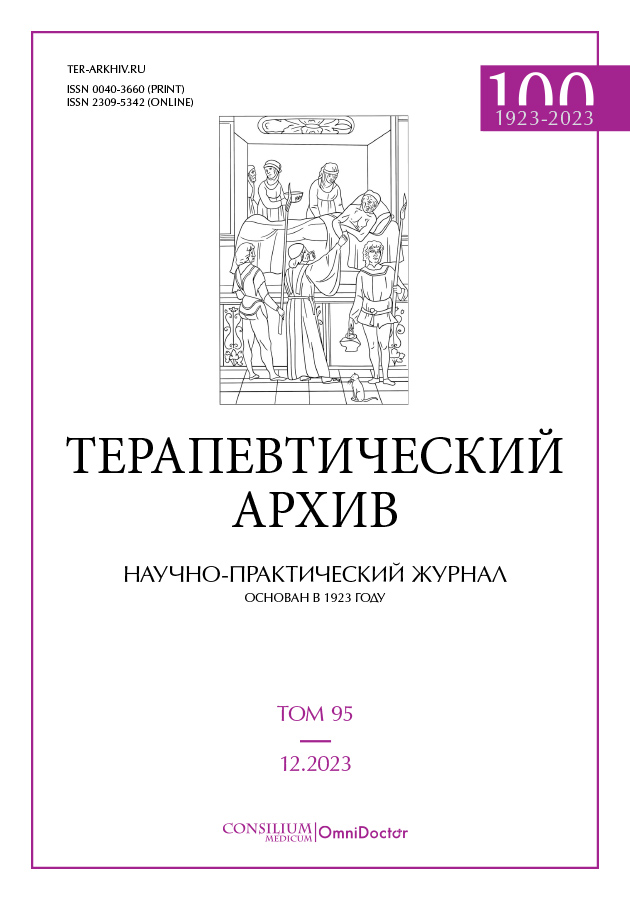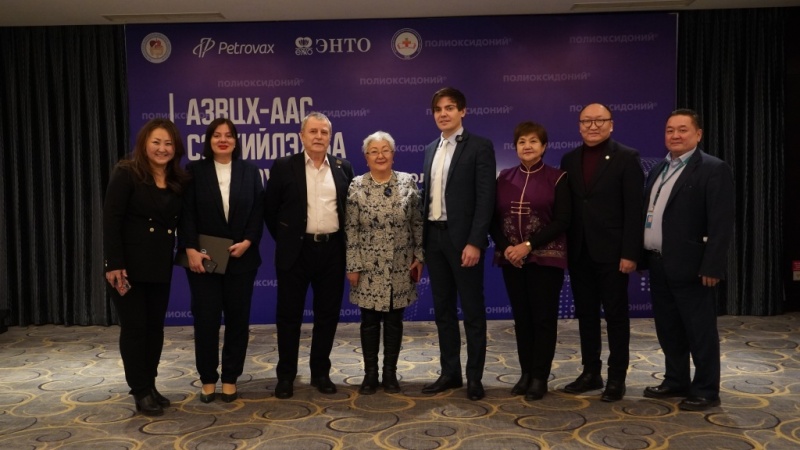
Therapeutic Archive publishes results of open-label randomized prospective study of efficacy of Artneo® in patients with knee osteoarthritis

The scientific and practical journal Therapeutic Archive has published the results of an open-label randomized prospective comparative study of the efficacy of Artneo® in patients with osteoarthritis of the knee joint in comparison with a combination of glucosamine hydrochloride and chondroitin sulfate. A study headed by V.I. Mazurov, Dr. habil. med., Professor, Academician of the Russian Academy of Medical Sciences and Russian Academy of Sciences, confirmed a more significant clinical effect of Artneo®.
Osteoarthritis (OA) is one of the most common diseases of the musculoskeletal system[1]. Official data show that there are more than 4 million patients with this diagnosis in Russia, but the real number may be as high as 15 million[2]. Patients with osteoarthritis often have comorbidities such as arterial hypertension, atherosclerosis, coronary heart disease, obesity, diabetes mellitus and etc.
Osteoarthritis is most commonly localized in the knee joint: gonarthrosis affects up to 60% of patients with OA.
The comparative study included 70 patients aged 45 to 75 years with gonarthrosis of 1-3 stages. The subjects were divided into two groups: one received a combination of undenatured type II collagen, boswellic acids, methylsulfonylmethane, vitamins C and D3 (Artneo®) for 6 months, and the other took a combination of chondroitin sulfate and glucosamine hydrochloride (CS and GHC).
The efficacy was evaluated by the WOMAC index according to the following criteria: pain, stiffness, functionality, VAS pain index and Lequesne algofunctional index[3], as well as by MRI T2-mapping.
In the Artneo® group, a visible positive dynamics on the Lequesne index was noted as soon as day 30, while in the CS and GHC group, it was observed only by day 180. After 3 months of treatment, the disease severity on the Lequesne index reduced from moderate to low in the Artneo® group. In the CS and GHC group, this result was achieved only after six months.
At the end of the comparative study, patients in the Artneo® group had a 2.95-fold decrease in the synovitis area according to MRI, and in the CS and GHC group there was a 1.37-fold reduction in the synovitis area.
The researchers concluded that the combination of undenatured type II collagen, boswellic acids, methylsulfonylmethane, vitamins C and D3 (Artneo®) showed a comparable, and, in some parameters, more significant effect compared to the combination of chondroitin sulfate and glucosamine hydrochloride (CS and GHC).
The study showed the absence of adverse events during the use of Artneo®, which indicates its good tolerability, including in patients with comorbid pathologies.
Artneo® is a complex with a special, native type II collagen with a drastically new mechanism of action to protect the joints and spine. Its active ingredients include boswellia extract, MSM (methylsulfonylmethane), vitamins C and D3, which promote improvement of the functional state of the joints and cartilage tissue. Due to the preservation of its natural triple helix structure, native type II collagen is able to stop the “aggression” of the immune system against patient’s own tissues [4]. The positive effect of the complex was reported in a number of studies, including a multicenter randomized, double-blind, placebo-controlled study of Artneo® in patients with primary osteoarthritis of the knee joint stage II-III.
1 Mazurov V.I., Trofimova A.S., Trofimov E.A. Risk factors and some aspects of the pathogenesis of osteoarthritis. Bulletin of the NWSMU named after I.I. Mechnikov. 2016;2(8):116-24
2 Alekseeva L.I. New ideas about the pathogenesis of osteoarthritis, the role of metabolic disorders. Obesity and metabolism. 2019;16(2):75-2
3 The Leken index is used to assess the effectiveness of osteoarthritis therapy, assesses the condition of patients according to 3 criteria: pain or discomfort, the maximum distance traveled without pain, the presence of difficulties in everyday life.
4 K.S. Park et al. Oral collagen tolerance type II: mechanism and role in the therapy of collagen-induced arthritis and rheumatoid arthritis. // Modern Rheumatology. — 2009. — volume 19. — No. 6. — pp. 581-589.


